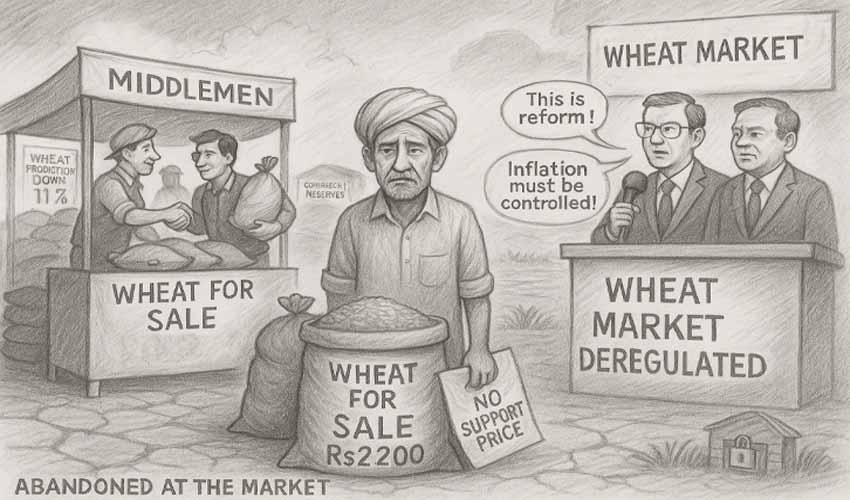The Pakistan Tehreek-e-Insaf's (PTI) recent submission of a dossier to the International Monetary Fund (IMF), calling for action against Pakistan, was seen as yet another attempt to sabotage the country's economic recovery.
This move aligned with the PTI’s historical pattern of seeking foreign intervention to hinder national progress during moments of Pakistan’s stability. The party’s anti-state agenda, which continually aimed to undermine Pakistan’s economic stability, has been exposed.
The PTI’s preference for foreign interference over democratic or legal solutions is evident.
The recovery of Pakistan’s economy has remained a top priority, and any obstruction to this goal is considered contrary to national interests. The PTI’s past actions, including efforts to damage Pakistan’s global reputation, particularly regarding the IMF, were also highlighted.
Presenting facts in contrast to false narratives was crucial to keeping the public aware of the PTI’s harmful political maneuvers.
The PTI’s dossier submission to the IMF represents another attempt to harm Pakistan’s economy, showcasing its persistent anti-state stance. Whenever Pakistan stands on the brink of economic recovery, the PTI has attempted to derail progress through foreign interventions and conspiracies.
Economic stability has remained a national objective, and the PTI’s efforts to disrupt it at this critical juncture are seen as a direct attack on Pakistan's sovereignty.
No patriotic political party would lobby against its own country in international financial institutions. PTI’s letter to the IMF is not merely a political maneuver but a direct assault on Pakistan’s economic autonomy.
History has repeated itself, with the PTI leaders previously seeking foreign assistance to damage IMF deals.
From protests outside the IMF headquarters to leaked conversations involving former finance ministers, the PTI’s record of damaging Pakistan’s economy is evident.
While in power, the PTI mismanaged the economy, and now in opposition, it seeks to exacerbate the financial crisis.
The preference for foreign intervention over democratic and legal solutions highlights the contrast between the PTI’s interests and national interests.
Pakistan is currently on the path to economic recovery through strategic partnerships, trade agreements, and policy reforms, while PTI tries to undermine these efforts.
The timing of PTI’s submission to the IMF is no coincidence; it is a deliberate conspiracy aimed at destabilising the economy during this critical phase.
No responsible political party uses economic challenges for political gain, but PTI thrives on national crises to advance its political agenda.
PTI's actions target not political rivals but the Pakistani people, economy, and future.
The nation must recognise PTI’s recurring pattern; whenever Pakistan moves towards progress, PTI emerges as a destructive force.



























